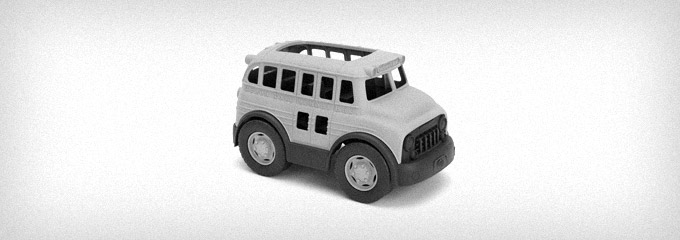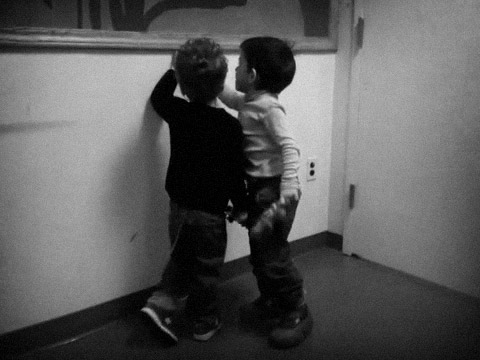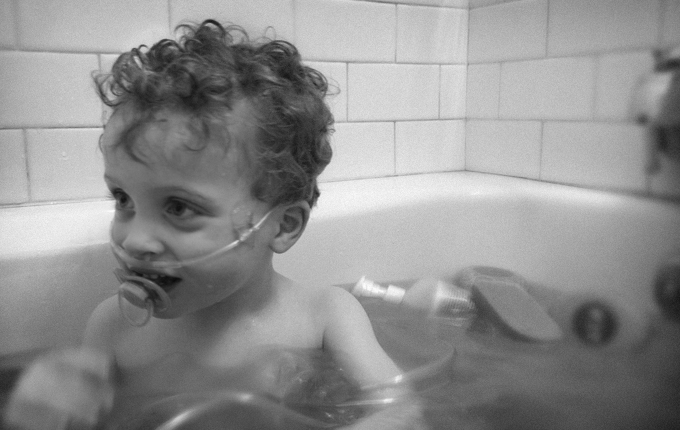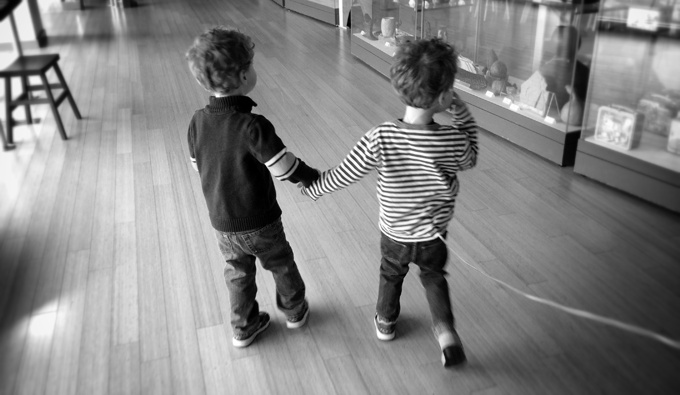 After months of searching, C has finally been accepted into a school for children with autism. This comes after being turned down by other schools that couldn't or wouldn't deal with his oxygen. (Yes, this is probably discrimination, especially since these schools collect taxpayer money, but we have neither the energy nor the appetite for a legal battle.)
After months of searching, C has finally been accepted into a school for children with autism. This comes after being turned down by other schools that couldn't or wouldn't deal with his oxygen. (Yes, this is probably discrimination, especially since these schools collect taxpayer money, but we have neither the energy nor the appetite for a legal battle.)
The school is not far from our home; it has a great reputation; the staff seem terrific and caring; and, most of all, they weren't one bit hesitant about his being on oxygen.
While this should be cause for celebration, it comes with one reservation on our part: they want to put C into a class with children who seem to have even more significant challenges than he does. This made us question ourselves:
Is C's autism even more severe than we thought, or is the school simply erring on the side of caution by getting him into a more fundamental setting to see if he can progress from there?
Whatever the case, we're grateful to at last have some resolution with regard to where he might attend school next year. And, while I believe parents usually know best, there are times when you just have to put your trust in the expertise of others.



 I feel so fortunate that C is a happy boy.
I feel so fortunate that C is a happy boy. The dream of every parent of twins is that their children will be best friends, lifelong companions. We saw that dream evaporate when C began to regress.
The dream of every parent of twins is that their children will be best friends, lifelong companions. We saw that dream evaporate when C began to regress.